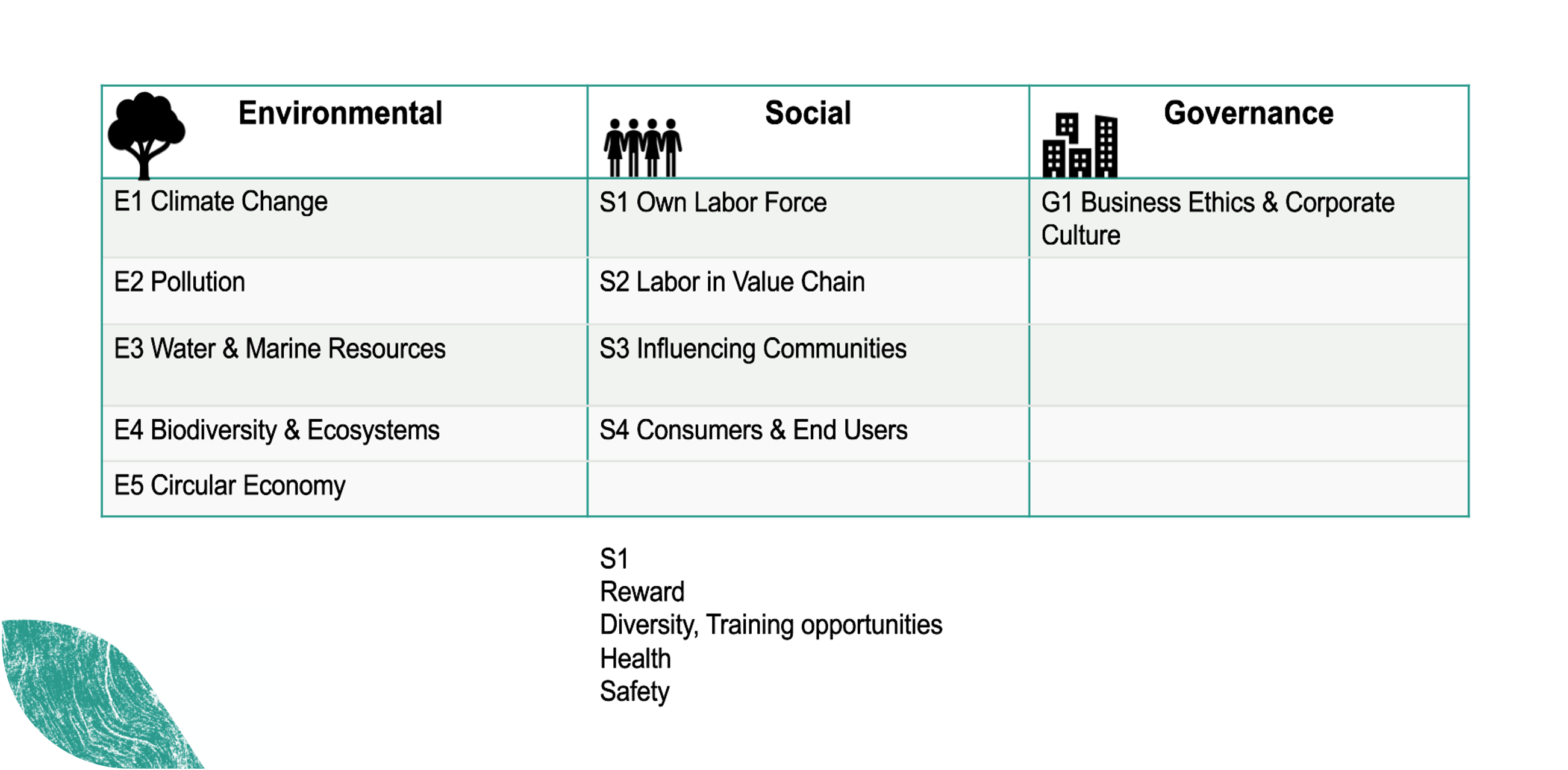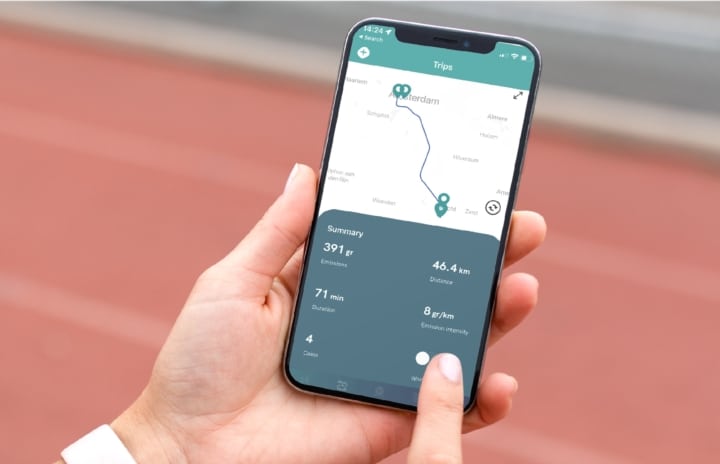In conversation with Jeroen Perebooms – ESG, CSRD, Budget Day Update
Sustainable Mobility & the Green Employment Agreement was the topic of the first Fynch Expert Sessies held in Utrecht on the 28th of September 2023.
The event was closed by Jeroen Perebooms, Tax Business Guide at Woods & Pearson. In this blog post, he will address reporting, sustainability within the European context, and the latest updates related to Budget Day.
Can you tell us about yourself and Woods & Pearson?
About myself, it’s always difficult…
The first thing that comes to mind is that since I was young I have been interested in what drives others and have been looking for what I could contribute. This is no different, except that I have specialized in taxation.
With Woods & Pearson, we deal with Tax Guidance, a broad term, basically meaning “unburdening. We guide companies from A to B. What we notice is that the basics are often not properly taken care of, while this is the foundation on which you build further. Without a good foundation, your business will not stand firm.
We help get the foundation right and from there, we guide our clients to B.
What was decided around mobility and a more sustainable future during Budget Day?
We are now functioning with an outgoing government and unfortunately, this is also seeping into the choices communicated on September 19, 2023. A few key points in the areas of mobility and sustainability are as follows (it should be noted that all these tax plans will not go through with a 100% guarantee):
- EIA reduced from 45% to 40% starting in 2024
- EIA, MIA and VAMIL extended 2029
- Wider application of HIR due to government intervention
- The untaxed kilometers reimbursement is €0.23 per kilometer in 2024 (in 2023: €0.21)
- Stimulate public transport use by untaxed reimbursement or provision of public transport card for any business use (including commuting)
- Increase excise taxes on alcohol, tobacco, and heating oil
- Greening of MRB
What is ESG?
ESG stems from the Paris Climate Agreement concluded by the EU in 2015. This was followed by the EU Green Deal in 2019. These two European laws are now divided into two parts 1) Sustainable Finance Disclosure (SFDR) and 2) Taxonomy Regulation (EU Taxonomy).
But this will now be combined in the Corporate Sustainability Reporting Directive (CSRD) that will take effect in the European Union in 2024. The CSRD then also states how reporting will be required.
What made the more sustainable future and ESG come about?
ESG stems from the Paris Climate Agreement concluded by the EU in 2015. This was followed by the EU Green Deal in 2019. These two European laws are now divided into two parts 1) Sustainable Finance Disclosure (SFDR) and 2) Taxonomy Regulation (EU Taxonomy).
But this will now be combined in the Corporate Sustainability Reporting Directive (CSRD) that will take effect in the European Union starting in 2024. The CSRD will include how reporting will be required.
How should the reporting be done?
As I mentioned earlier, there are 3 pillars Environment, Social, and Governance.
Could you elaborate on CSRD?
Yes definitely, actually the world is becoming more and more transparent and this is reflected in the increasing reporting requirements. Companies are getting increasing responsibility to report, including CSRD which will go into effect in 2024.
- 2024: listed companies (>500 employees)
- 2025: large companies (250 employees, €40 mio. Turnover, €20 mio. Balance sheet – here you must meet 2 out of 3 conditions to qualify with reporting)
- 2026: small listed organizations
- 2028: non-EU companies >150 mio. Turnover in EU
What if you are a subsidiary of an organization that needs to comply with the reporting requirement?
Then you don’t have to do anything at this point, but you can expect this to change in the future.
What should be in the report?
From here we are going to look into the European Sustainability Reporting Standards (ESRS). In CSRD reporting, companies have to start following ESRS standards. What needs to be reported:
- Standards equal to the ESG pillars
- Expected financial impacts
- Impact on people and the environment
- Not only your own company but also the value chain
What happens if you don’t report the reporting requirement properly?
In that case, there are no sanctions at this time (yet). But they are to be expected in the future. Right now the adverse consequences (as we have seen with Shell, for example) are:
- There may be calls for a boycott
- Fewer companies want to invest in the company
- Fewer talented employees want to work for the company
- There may be reputational damage with adverse effects on sales and profits
- An interest group may go to court
How do I get started?
- Double materiality test – Inside Out & Outside In
- Looking at current (financial) reporting and enriching it
- People and the environment need to be made transparent
- Review accountant/business partner who can help with this
- Ongoing process
How can companies address this?
A plan of action for this could be:
- Designate responsible staff members understanding which department should be involved
- Create sustainability criteria
- Which KPI (inside out)
- What can and may be reported
- Data quality (entry) and internal reporting
- Draw up and publish reporting of sustainability criteria (long ESG pillars)
- Form (e.g. from finance or the other pillars)
- Method of communication to stakeholders
What are the current sustainability-related reporting requirements in the Netherlands?
The CSRD is approaching for many companies in the upcoming years, but currently, the Reporting Requirement WPM will also be starting in the Netherlands as of July 2024.
For whom and when does this Reporting Requirement WPM apply in the Netherlands?
This requirement applies to companies in NL with >100 employees. There are also a few other criteria that must be taken into account.
Visit our “Reporting Requirement WPM” page for this.


